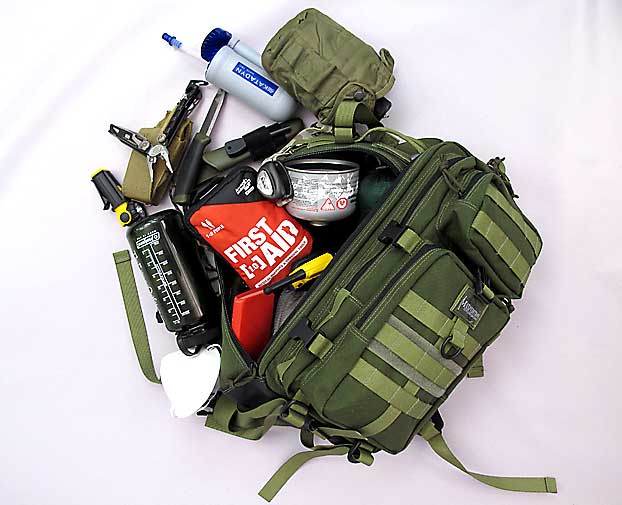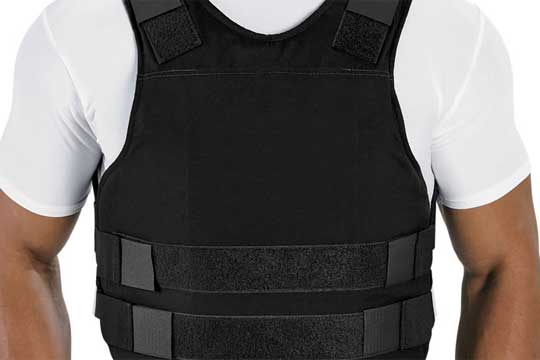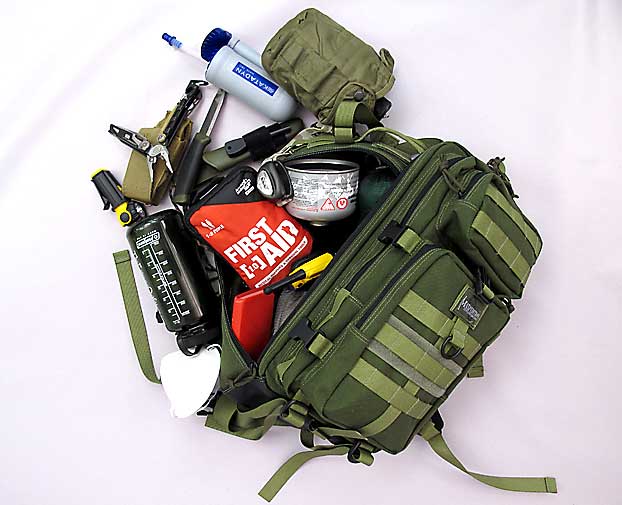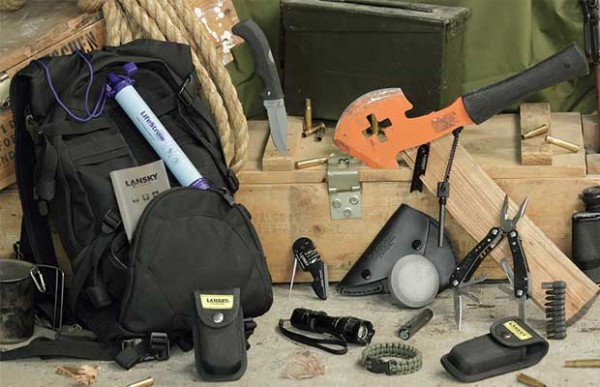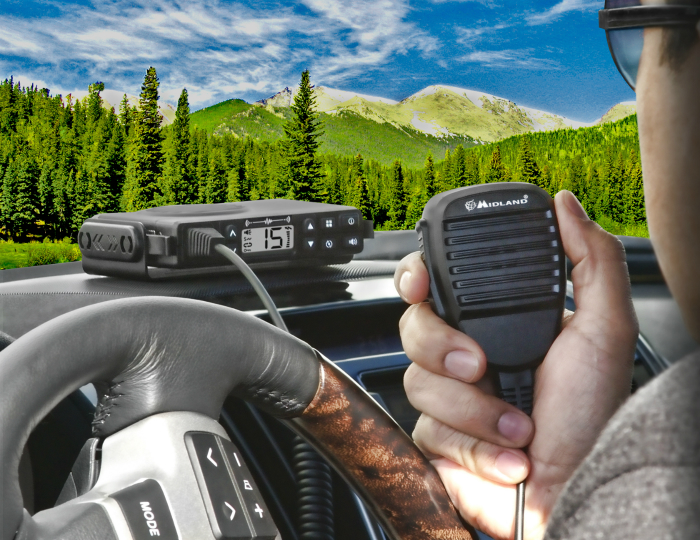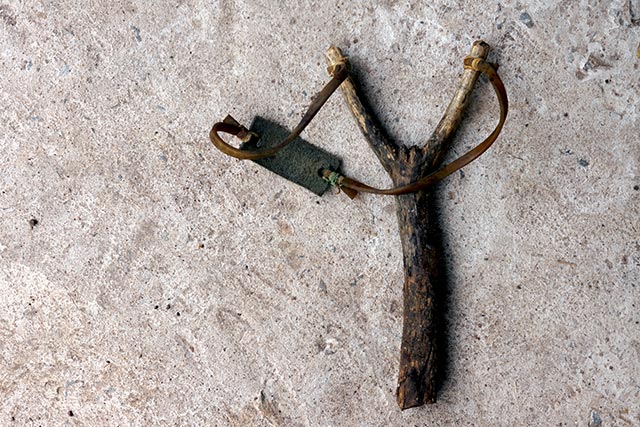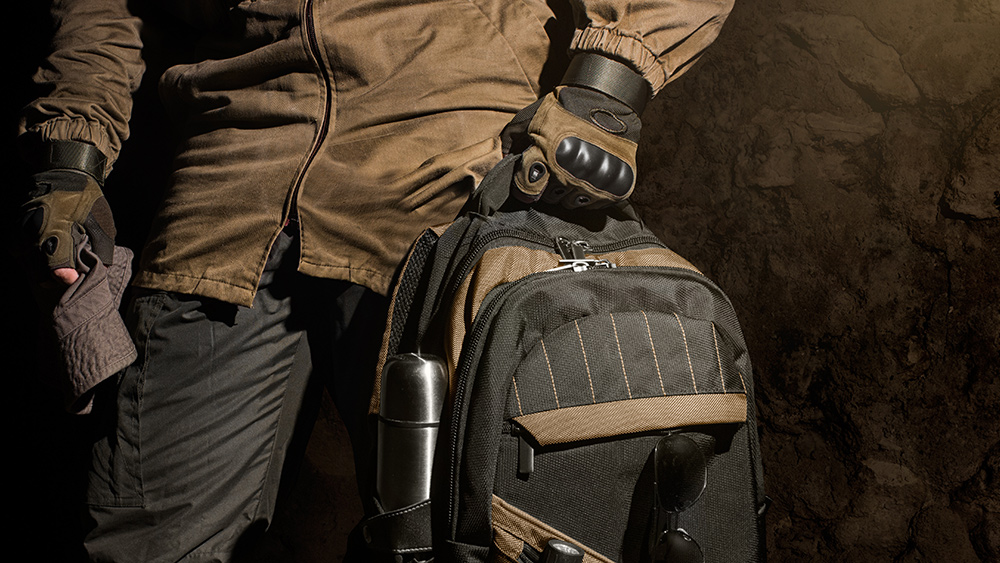Prepper must-haves: 8 Kinds of gloves you need on your homestead
09/10/2021 / By Divina Ramirez

When living on a homestead, expect to do a lot of chores, most of which require the use of gloves. You’ll want a good pair of gloves to avoid getting blisters, cuts and scrapes on your hands.
On that note, it would be best to have different pairs on hand so you can choose which gloves suit the type of chore you’re doing or the season. For example, wearing gloves with a cotton back during the summer provides breathability. For rough, labor-intensive jobs, you’ll want a heavy-duty pair. For chores that need a little dexterity, you’ll want gloves that are flexible but still provide protection.
Here’s a closer look at the types of gloves you’ll need on your homestead: (h/t to Survivopedia.com)
1. Disposable gloves
Disposable gloves, also known as surgical gloves, may not be very sturdy, but they’re good for temporarily protecting your hands from germs or for when you need to administer first aid.
Keep a pair or two in your first aid kit and in your bugout bag (BOB). If your hands sweat, you may want to buy powdered disposable gloves for comfort.
2. Elbow-length waterproof and chemical-resistant gloves
Elbow-length gloves protect your forearm from spills and scrapes. This pair is best used for doing laundry, pruning trees or handling hot liquids and dangerous chemicals.
Most elbow-length gloves are made from polyvinyl chloride (PVC). They’re usually lined with a breathable fabric inside for comfort. Keep a pair in your house, another in your car and another in your BOB. (Related: Bug out survival planning: Prepping a bug-out bag in less than an hour.)
3. Padded work gloves
Padded work gloves may not be the most comfortable pair of gloves on this list, but they’re one of the best pairs for protecting your hands from a number of serious injuries.
These gloves are best worn when you’re sifting through piles of old junk and garbage in your garage or outdoor shed. If you don’t wear gloves, you won’t know if you’ll be handling nails, broken glass and other sharp objects until after the fact. You don’t want to suffer potentially serious hand injuries that could’ve been easily avoided.
You can also wear padded work gloves in cold weather to keep your hands warm while working. Keep a pair of these sturdy gloves in your car, garage and outdoor shed.
4. Shockproof or shock-resistant gloves
You may think the likelihood of encountering a live wire on a typical day is slim to none. But during an emergency, there’s no telling what might happen. Depending on how old your house is, you may also encounter live wires from within the walls while you’re trying to do general maintenance or building caches.
Don’t wait for tragedy to strike before you get yourself a pair of shockproof gloves.
5. Fireproof gloves
Wear fireproof gloves when you’re trying to build a fire outdoors or trying to put out a kitchen fire. However, it is important to note that these gloves won’t be enough in situations where your hands are likely to get burned, such as if you need to drive through a wildfire. Flames can still easily catch onto your clothes. Therefore, it won’t hurt to have a complete fireproof suit available.
6. Cut- and puncture-resistant gloves
When working with sharp, pointy tools like knives and needles, it’s important to wear sturdy gloves to avoid potentially serious cuts and injuries.
It is important to note that cut- and puncture-resistant gloves are not the same thing. Cut-resistant gloves will protect your hands from slashing cuts, such as from a knife or from a shard of glass. Puncture-resistant gloves, on the other hand, will protect your hands from getting pierced by a needle or other pointy objects. Don’t substitute one for the other.
7. Thermal gloves
Thermal gloves are ideal for when you need to work on small objects or intricate devices in a setting where you’re likely to get frostbitten. Thermal gloves allow the widest range of finger and hand motion while protecting your hands from the elements. Thermal gloves tend to be less bulky than padded work gloves. They also provide warmth without causing excess moisture buildup inside.
8. Anti-static gloves
Anti-static gloves dissipate static electricity so that it doesn’t damage any electronic equipment you’re handling. You may not need to use this pair as much as the others, but it doesn’t hurt to be prepared and have them ready.
When choosing a pair of anti-static gloves, look for a lightweight one that allows plenty of finger agility. You’ll be using this to handle electronic devices, which often have small, intricate components.
Learn more about other things you’ll need on your homestead at Homesteading.news
Sources include:
Tagged Under: Gear, gloves, homesteading, off grid, preparedness, prepper, prepping, prevention, self sufficiency, self-reliance, SHTF, survival, survival gear, tips
RECENT NEWS & ARTICLES
COPYRIGHT © 2018 SURVIVALGEAR.NEWS
All content posted on this site is protected under Free Speech. SurvivalGear.news is not responsible for content written by contributing authors. The information on this site is provided for educational and entertainment purposes only. It is not intended as a substitute for professional advice of any kind. SurvivalGear.news assumes no responsibility for the use or misuse of this material. All trademarks, registered trademarks and service marks mentioned on this site are the property of their respective owners.





